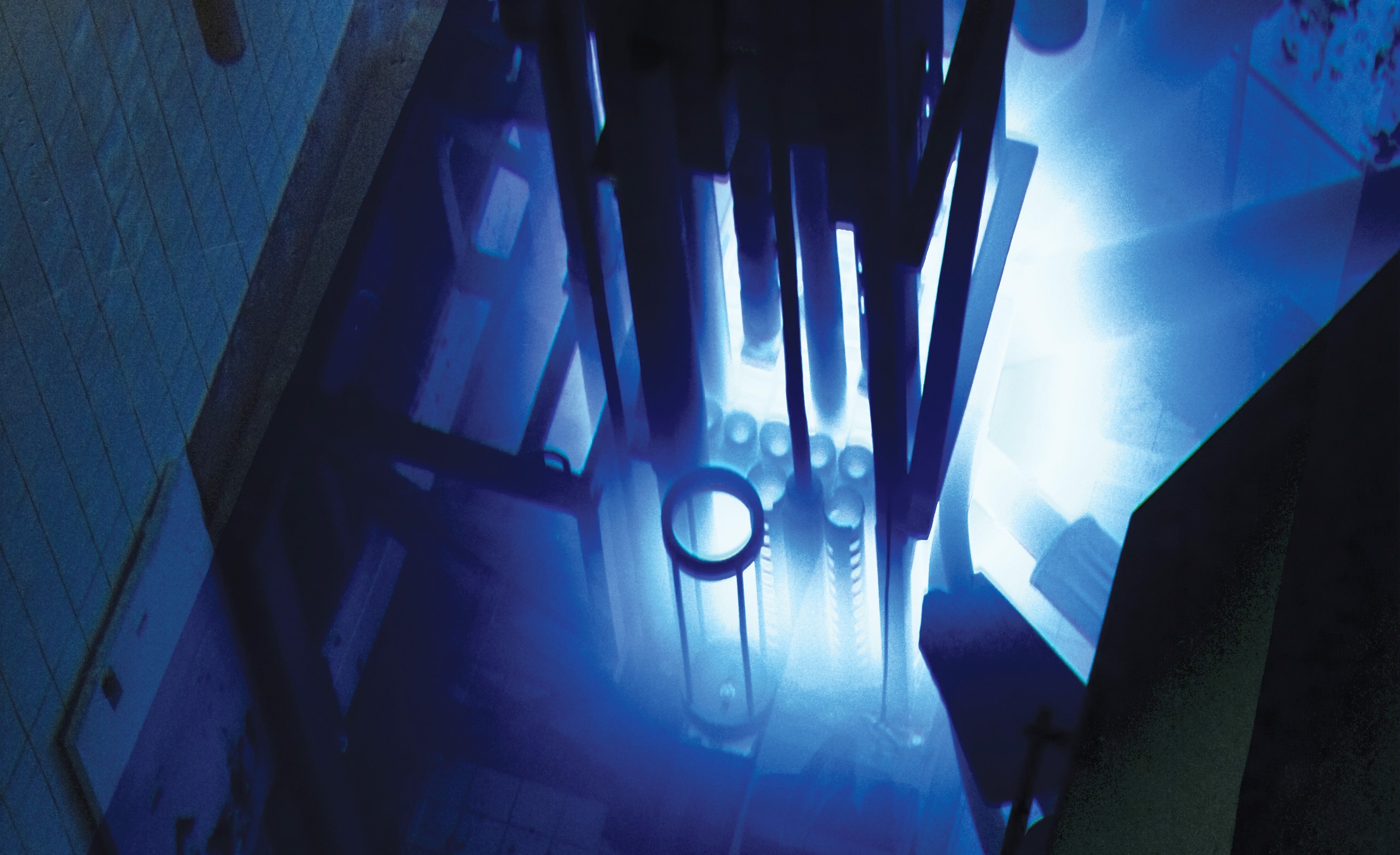Pilot project underway at McMaster Nuclear Reactor to test increased operating schedule

The McMaster Nuclear Reactor (MNR) is conducting a six-week pilot project to test an increased operating schedule that will enable more research and medical isotope production at the facility.
The pilot will take place from October 2 to November 11, during which time the reactor will operate 24 hours a day, five days a week (24/5) – an increase from its typical operating schedule of 16 hours a day, five days a week.
MNR is Canada’s largest nuclear research reactor and anchors McMaster University’s suite of world-class nuclear research facilities, which enable discoveries in nuclear medicine, clean energy, materials science and more. The pilot is part of the University’s $25M project to optimize operations of the nuclear reactor and increase the diversity and quantity of isotopes produced.
The project has been bolstered by investments from the Canadian government. Earlier this year, the Government of Ontario invested $6.8M in MNR to support scientific research and medical isotope production. The federal government also invested $6.8M in the reactor as part of a $35M national investment in the Canadian Medical Isotope Ecosystem.
This funding from the University’s provincial and federal partners means MNR will be able to increase its medical isotope production to benefit patients around the world and support cutting-edge research in small modular reactors and neutron beam science, says Dave Tucker, McMaster’s Chief Nuclear Officer and Associate Vice-President, Nuclear.
“The 24/5 schedule will increase MNR’s neutron output by 300%, enabling us to unlock the full potential of this powerful resource and boost production of life-saving medical isotopes. We’ll be able to support more researchers across Canada and offer more student research and learning opportunities at our one-of-a-kind facility. We’re confident in the success of this pilot study, which wouldn’t be possible without our talented team of nuclear and safety experts,” he says.
Extensive preparations for the pilot were completed by NO&F’s reactor operations team with support from McMaster’s Health Physics department. NO&F has hired and trained new expert operations staff and conducted a review of MNR’s operational policies, procedures and practices to ensure safe and reliable operations at the enhanced schedule.
Derek Cappon, NO&F’s Director of Reactor Operations and Maintenance, says the pilot will assess MNR’s operational readiness for the new schedule and allow the team to gather valuable feedback from staff ahead of the planned move to 24/5 in 2024.
“Increased operations will allow us to produce more medical isotopes and generate more neutrons to enable discoveries in nuclear and materials research. The goal of the pilot is to trial the 24/5 operations schedule, confirm safe and reliable operation at this increased usage level, and gather feedback on any changes or improvements we can make to our facility or practices to better support this mode of operation,” he says.
Once the pilot is complete, the team will evaluate the results of the study and incorporate feedback gathered from staff into planning for 24/5 operations in 2024.
______________________________________________________________________________________________________
